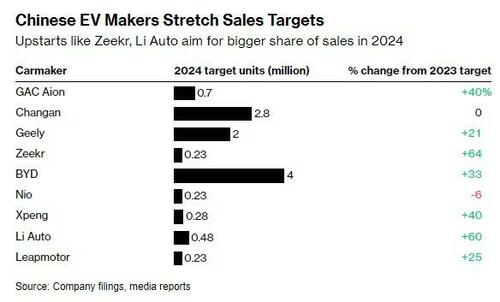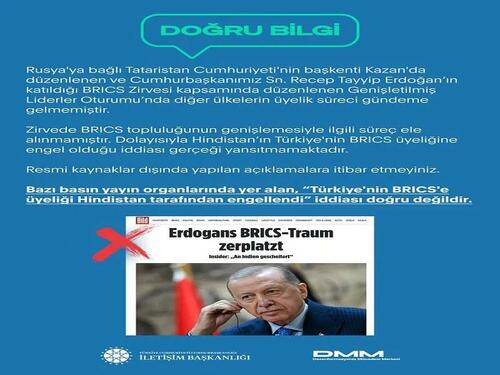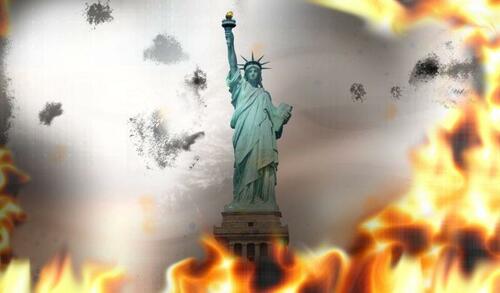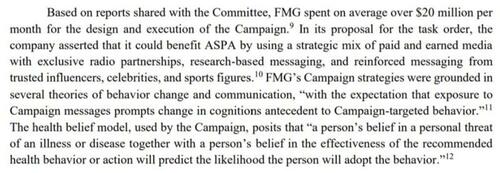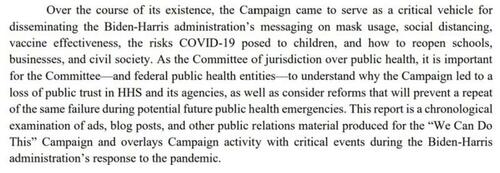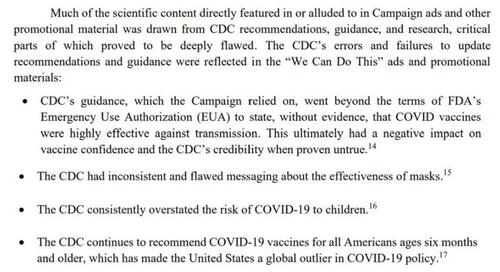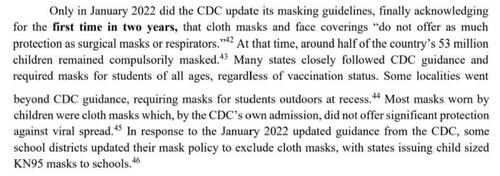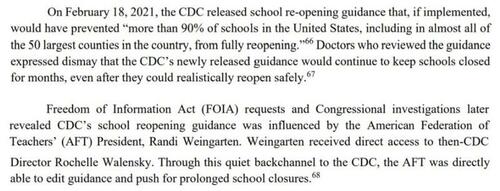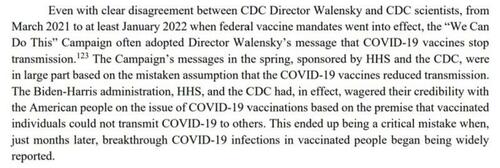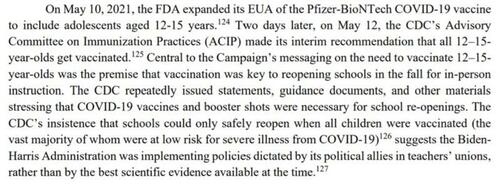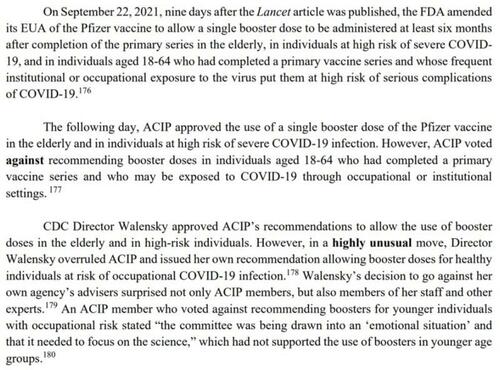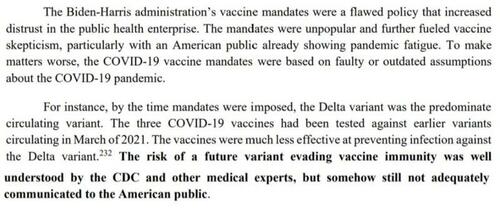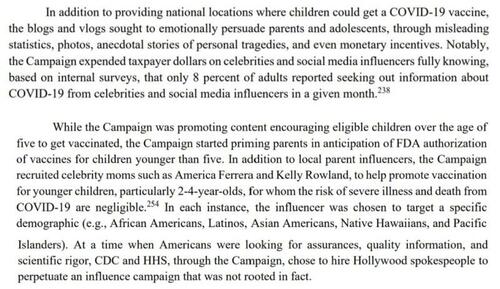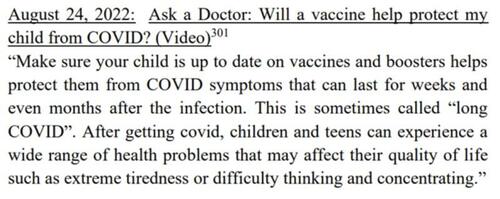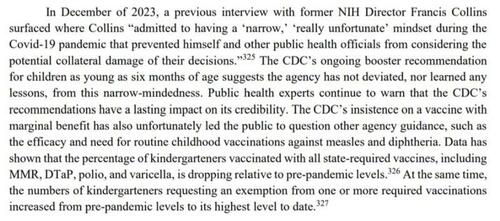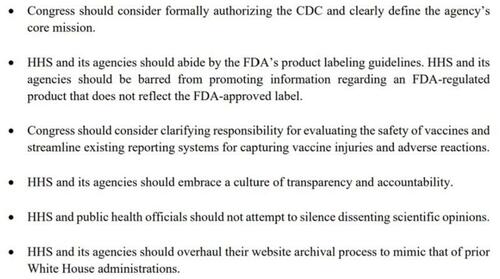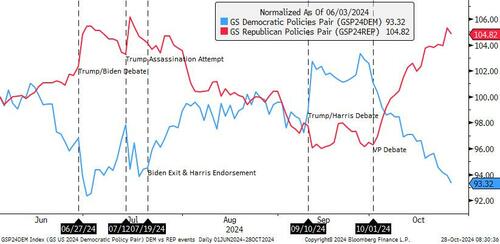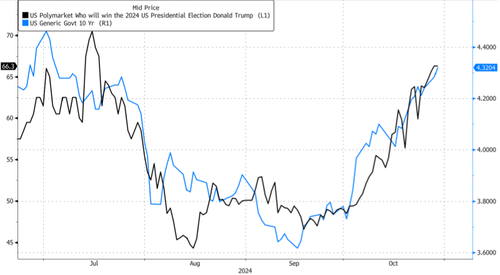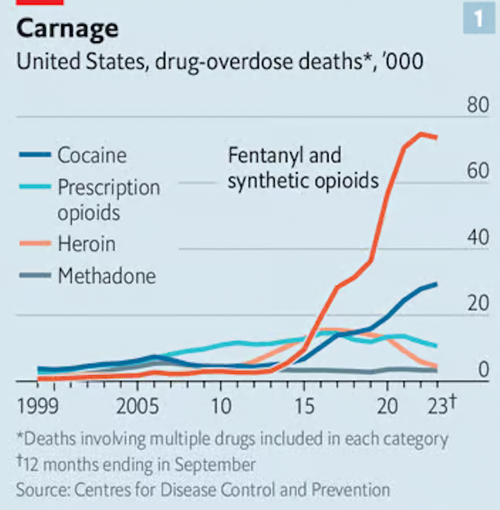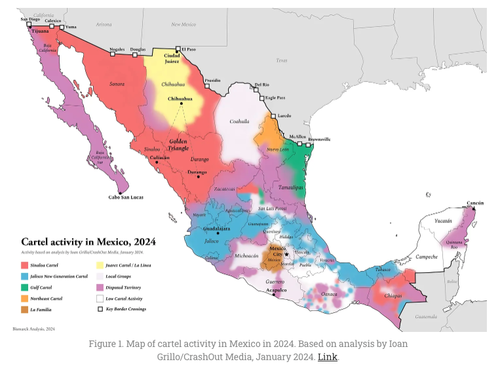Authored by Pepe Escobar,
The not so simple twists of fate always allow certain cities to make their mark in History in ineffable ways. Yalta. Bretton Woods. Bandung – a 1955 de-colonization staple. And now Kazan.
The BRICS summit in Kazan, capital of Tatarstan, under the Russian presidency was historic in more ways than one – followed with riveting attention by the whole Global Majority and with perplexity by a great deal of the declining Western order.
It did not change the world – not yet. But Kazan should be seen as the departing station of a high-speed train journey towards the emerging multi-nodal new order. The metaphor was also spatial: the pavilions at the Kazan Expo center “station” holding the summit simultaneously connected to the airport and to the aero-express train to the city.
The rippling effects of BRICS 2024 in Kazan will be perceived for weeks, months and years ahead. Let’s start with the breakthroughs.
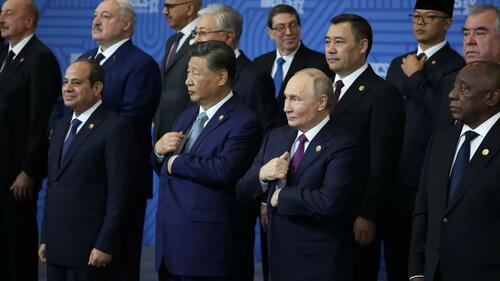
The Kazan Manifesto
1.The Kazan Declaration. That is no less than a detailed diplomatic manifesto. Yet because BRICS is not a revolutionary agent – as its members do not share an ideology – arguably the next best strategy is to propose real reform, from the UN Agenda 2030 to the IMF, the World Bank, the WTO, the WHO and the G20 (whose summit is next month in Rio).
The kernel of the Kazan Declaration – which had been debated for months – is to move in practice towards in-depth institutional changes and to reject Hegemony. The Declaration will be presented to the UN Security Council. There’s no doubt the Hegemon will reject it.
This paragraph sums up the reform drive: “We condemn the attempts to subject development to discriminatory politically motivated practices, including but not limited to unilateral coercive measures that are incompatible with the 5 principles of the UN Charter, explicit or implied political conditionality of development assistance, activities, aiming at compromising the multiplicity of international development assistance providers.”
2. The BRICS Outreach session. That was Bandung 1955 on macro-steroids: a microcosm of how the new, really de-colonized, non-unilateral world is being born.
President Putin opened and handed the floor to the leaders and heads of delegations of other 35 nations, most at the highest level, including Palestine, plus the UN Secretary General. Quite a few speeches were nothing short of epic. The session lasted 3h25. It will be circulating all across the Global Majority for years.
The session tied up with the announcement of the new 13 BRICS partners: Algeria, Belarus, Bolivia, Cuba, Indonesia, Kazakhstan, Malaysia, Nigeria, Thailand, Turkiye, Uganda, Uzbekistan, Vietnam. A strategic tour de force including 4 Southeast Asian powerhouses; the top two Central Asian “stans”; 3 Africans; 2 Latin Americans, and NATO member Turkiye.
3. The Russian BRICS presidency itself. Arguably no other nation would have been able to pull off such a complex and impeccably organized summit, held after over 200 BRICS-related meetings throughout the year across Russia conducted by unnamed sherpas, members of working groups and the BRICs Business Council. Security was massive – for obvious reasons, considering the odds of a false flag/terrorist attack.
4. Connectivity corridors. That is the main geoeconomic theme of Eurasia integration, and Afro-Eurasia integration as well. Putin explicitly named, more than once, the new growth drivers of the near future: Southeast Asia and Africa. Both happen to be key partners of several high-profile Chinese Belt and Road Initiative (BRI) projects. Additionally, Putin named the top two connectivity corridors of the future: the Northern Sea Route – which the Chinese describe as the Arctic Silk Road – and the International North-South Transportation Corridor (INSTC), where the three drivers are BRICS members Russia, Iran and India.
So that translates as BRICS China crisscrossing Eurasia from east to west while BRICS Russia/Iran/India crisscross it from north to south, with ramifications in all latitudes. And with all the energy add-ons, with Iran positioning itself as a crucial energy hub, opening the finally feasible possibility of building the Iran-Pakistan-India (IPI) pipeline, one of the unfinished sagas of what I described in the early 2000s as Pipelineistan.
The Return of the Primakov Triangle
There were immense expectations all across the Global Majority of a major breakthrough in Kazan on alternative payment systems. Realist Russian-Chinese finance tech experts commented they did “not see anything at all except for another round of initiatives about grain exchange, precious metals exchange and investment platform. BRICS Clear is being somehow developed but the rest will not work without proper sovereign infrastructure.”
And that brings us back to the UNIT project – a form of “apolitical money”, anchored in gold and BRICS+ currencies, which was exhaustively discussed by the working groups and reached the Russian Ministry of Finance. The next necessary step is a trial run by a major business conglomerate. That may happen soon, and if successful, will stimulate other major companies in BRICS nations to tag along.
As for the BRICS digital investment platform, it is already a go. Alongside the NDB – the BRICS bank, and Putin encouraged former Brazilian President Dilma Rousseff to stay on the helm – this will facilitate Global South access to financing without the dreaded IMF/World Bank “structural adjustment” conditionalities. The BRICS grain exchange, establishing clear, transparent rules, will be essential to ensure Global South food security.
The BRICS made it clear that the complex drive towards a new settlement/payment infrastructure is inevitable, but a long work in progress, especially when the G7 – which for all practical purposes is hijacking the agenda for the G20 next month in Rio – wants to finance at least $20 billion of a $50 billion package to Ukraine with proceeds from stolen Russian assets.
And that brings us to the most glaring BRICS problems.
Achieving consensus on difficult dossiers is extremely hard – and may lead, in the long run, to BRICS moving towards an absolute majority mechanism to get things done.
The Brazilian case – vetoing Venezuela as a BRICS partner – did not go down well at all among members, among partners and across the Global South. The current Lula government may be under tremendous pressure by the Hegemon’s Democrat establishment, but that in itself does not explain the decision.
There is a massive anti-BRICS lobby inside the highest levels of the Brazilian government, “facilitated”, as usual, by American NGOs as well as the European Commission (EC), heavily infiltrated among the proverbial comprador elites. Brasilia this year privileged the G20 over BRICS. That foresees trouble for next year, when Brazil assumes the BRICS presidency.
Prospects are not exactly brilliant. The BRICS summit next year is scheduled for July – and the decision seems to be final. That makes no sense – to do the recap of a working agenda in the middle of the year. The official excuse is that Brazil also needs to organize the Cop-30 climate conference in November. So a suggestion will be floated by top Brazilian economist Paulo Nogueira Batista Jr to hold a parallel BRICS wrap-up session during the 2025 G20 summit, which will be held in BRICS member South Africa.
President Putin has been very accommodating – even proposing Dilma Rousseff to remain at the helm of the NDB. Yet the Russian presidency of the NDB technically starts next year; a more suitable candidate for head of the NDB would be Aleksei Mozhin, until recently the Russian representative in the IMF.
There’s a major takeaway of all of the above.
Kazan proved that the driving force of BRICS is actually the notorious Primakov triangle – or RIC (Russia, India, China). It’s now possible to add Iran, and that would make it RIIC. Everything of substance in the inter-connected processes of BRICS integration and Afro-Eurasia integration depends on RIIC.
Saudi Arabia remains an open proposition. Not even Putin answered whether Riyadh is in, out, or over the wall. Diplomatic sources hint MbS is waiting for the result of the US presidential elections. As much as Saudi Arabia’s wealth is invested in the Anglo-American sphere – and can be stolen in no time – relations with the Russia-China strategic partnership at the highest level are excellent.
RIC scored a major hit right before the Kazan summit with Beijing and New Delhi announcing their Ladakh normalization. That was achieved by Russian mediation. Then there’s Turkiye; Erdogan was adamant to stress his BRICS enthusiasm in the few hours he spent in Kazan. Later in Istanbul, scholars confirmed he’s dead serious about Turkiye’s partner status and eventual admission as a full member.
In the language of symbols, the minarets of the Kul Sharif mosque in the Kazan Kremlin were the de facto trademark of the summit: graphic multipolarity in effect. The lands of Islam did get the message – with serious, auspicious repercussions ahead. As for the conductors as the high-speed multi-nodal train leaves the station, all attention should be focused on RIIC. May all the Global South have a safe trip.

